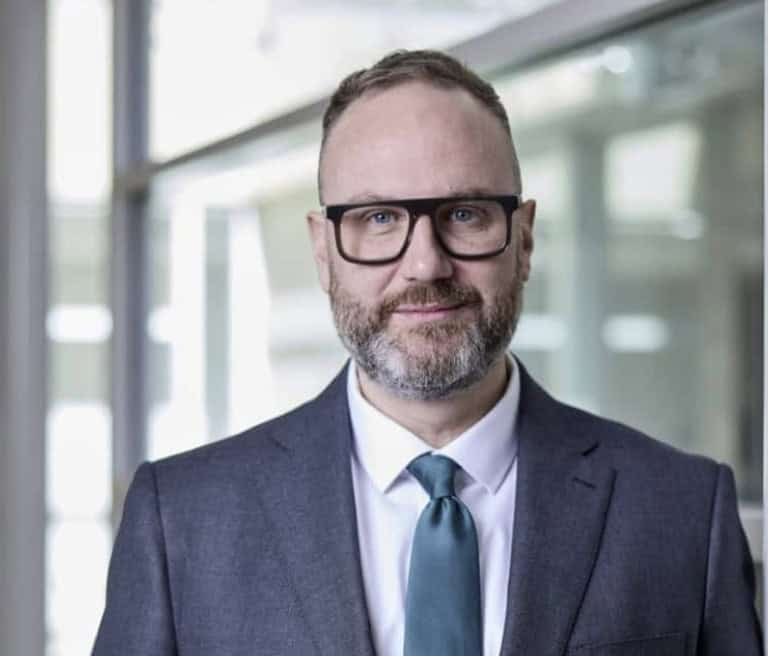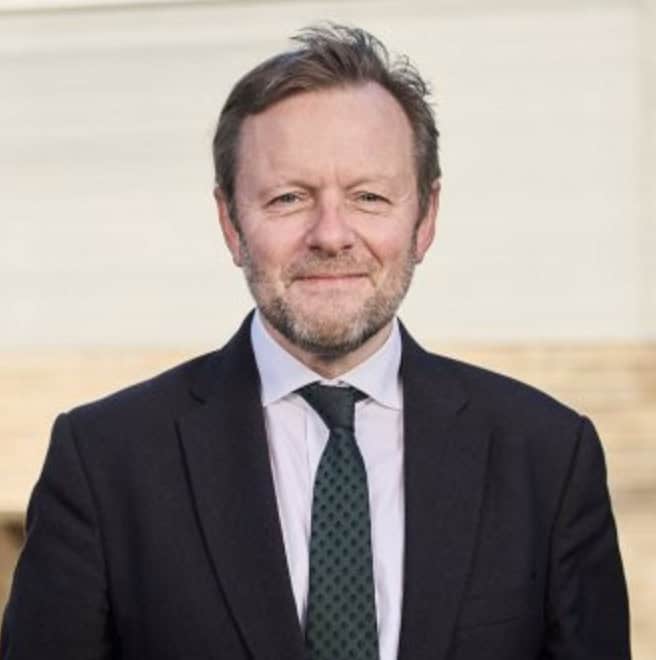2024 marked the year Australia redoubled its ambition to build a stronger, fairer and future-ready higher education system by implementing the recommendations set out in the Universities Agreement.
But that progress was overshadowed by policy confusion, including a government attempt to legislate a cap on international enrollments that was ultimately blocked, sending shockwaves through the sector.
The cap has sparked intense debate, with universities, industry leaders and policymakers clashing over its potential to destabilize key pillars of the economy and higher education system.
As we look ahead to 2025, say goodbye to the controversial visa processing directive Ministerial Directive 107 and say hello to the new Ministerial Directive 111, three leading higher education experts reflect on the past year. , looking to 2025 and beyond.

“Rebuilding this sector must be a top priority,” said Luke Sheehy, CEO of the group Universities Australia.
“By addressing barriers and supporting international education, Australia can reaffirm its position as a top destination for global talent. With world-class educational institutions and a welcoming community, We are well placed to strengthen the partnerships and mutual benefits that make international education the cornerstone of global progress.
“The Australian Universities Agreement outlines a clear vision for the future, calling for a higher education system that is larger, more accessible and better resourced. By 2050, universities will be teaching a year We must double the number of domestic students from the current 900,000 to 1.8 million.
Achieving this will require significant investment in education, research and infrastructure, along with strategies to rebuild and diversify the international student market, Sheehy explained.
Realizing the agreement’s vision requires “immediate action” to address financial pressures and bring stability to the university’s plans and growth, including expanding access to education and fostering participation. and includes resources to support the department’s important research efforts.
“These investments are not discretionary; they are the foundation of Australia’s economic and social future,” Mr Sheehy said.
Importantly, Australian universities must be ready and willing to partner with government, industry and communities to tackle the big challenges and opportunities of the future.
Mr. Sheehy added: “Together, we can ensure our nation’s prosperity in an era of rapid technological, social and environmental change. But this will require ambition and dedication. The question is no longer whether universities matter, but whether we support their outcomes. A stronger, more sustainable Australia depends on their success.”

“Australia’s higher education sector took a hit in 2024,” Group of Eight chief executive and director Vicki Thomson said.
“However, despite political intrigue, our universities continue to provide high-quality education to students at home and abroad, as they have throughout history, and remain committed to finding solutions to our greatest challenges.” I continued to work on my research.”
The role and responsibility of universities in today’s society is more important than ever, Thomson said.
“We live in times of change and challenge. Social cohesion in Australia is at an all-time low, rising costs of living are adding to social pressures and the geopolitical situation is unstable.
“It is nothing new for universities to be targeted, especially during election periods, but fortunately in late 2024, one of the most extreme politically motivated policies is to impose a blatant cap on the number of international students. The government’s bill was shelved after the coalition opposition parties and independent senators announced their intention to reject the government’s bill. ”
As Australia approaches a federal election, the country’s higher education sector faces further policy changes and the potential to be scapegoated in political debates over immigration and cost of living, as seen in other destinations around the world. Mr. Thomson predicts that there will be.
Looking to the future, Mr Thomson said a bipartisan national research strategy to grow research and development and build a more resilient and dynamic economy, “to support Australian research for generations to come. They want a strategy that sets up a dedicated framework for
“The Australian Government needs to adopt a target to increase Australia’s research and development intensity to 3% of GDP by 2035,” Mr Thomson said.
“For too long, we have been under the strain of funding, with international fee income supporting the research activities of our national universities (70% of which occur in our eighth-ranked universities) and domestic education.” We have been operating under a provision model.
“If universities, industry and governments work together to develop higher education funding models that do not rely too heavily on international student fee income to fund important research and educate domestic students, unnecessary ‘and create a university sector that will fuel a thriving 21st century modern Australian economy.’ ”

“2024 has been an exciting and challenging year for Australian universities,” said Colin B. Grant, Global Vice-Chancellor, University of New South Wales.
“While the Universities Agreement has brought about many welcome breakthroughs, the issue of immigration has become intertwined with proposed caps on the influx of international students, who are a key part of this country’s innovation engine and cultural richness.”
Mr Grant said universities were not immune to the pressures of the global political climate, and said this was an important point to keep in mind as 2025 approached.
“Universities need to prepare for continued domestic political challenges and opportunities, as well as ongoing global challenges amid looming tariff wars, shifting fault lines in the Middle East, and challenges to the rules-based international order. We need to overcome uncertainty.”
All of this, he explained, further strengthens the role of universities as catalysts for progress.
“Universities are key engines of progress. They play a central role in empowering local communities and supporting national resilience and cross-cultural understanding. It will become an important bridge for international understanding and resilience.
But university funding models in developed countries have “long placed higher education in a strategic dilemma,” Grant said.
“On the one hand, higher education remains a public good.On the other hand, it has the benefit of research funding being heavily subsidized by tuition-paying international students.
“Financial sustainability remains essential to realizing the goals of the University Agreement, which rightly emphasizes the importance of student success and equity. Further work is needed by countries and regions to ensure that research is recognized and adequately funded. is a critical long-term investment in resilience and productivity, delivering opportunity and progress for all.
The dilemma of hybrid financing models will remain firmly in place well into 2025, Grant predicted.
“At present, there is no sign that major developed economies will return to the future and fund universities through general taxation or broader support from across the innovation ecosystem (such as corporate social responsibility regimes). This will continue to put pressure on universities to maximize the return on their future education and research investments.The political framework means that immigration remains a primary political battleground.” said Grant.
“Universities are institutions that need to remain open to the world and their communities.”
Universities are institutions that must be open to the world and their local communities.
Colin B. Grant, New South Wales
“It is precisely through their openness and warm welcome that extends to everyone, regardless of their background, that they are building resilience.” There is an opportunity to continue to generate trust with the public, industry and political decision makers.
“Similarly, universities can make a significant impact on society by changing their delivery models for national and international cohorts. You can also explore new ways.”
Alongside his ‘Welcome Canberra’ advocacy for cross-border education (providing education and research abroad deepens trust, creates prosperity and strengthens trade and transparency), Professor Grant We believe there are also attractive opportunities for Australia to work more closely with Australian industry and services. .
“Collaborating more closely between universities, industry and professional accreditation bodies has the potential to support open innovation and build resilience at home and abroad,” he said. “That resilience must be built at home through education and the power of advanced research that informs our daily lives in areas such as precision medicine, advanced materials, environmental remediation, vaccine development and digital empowerment. .”


